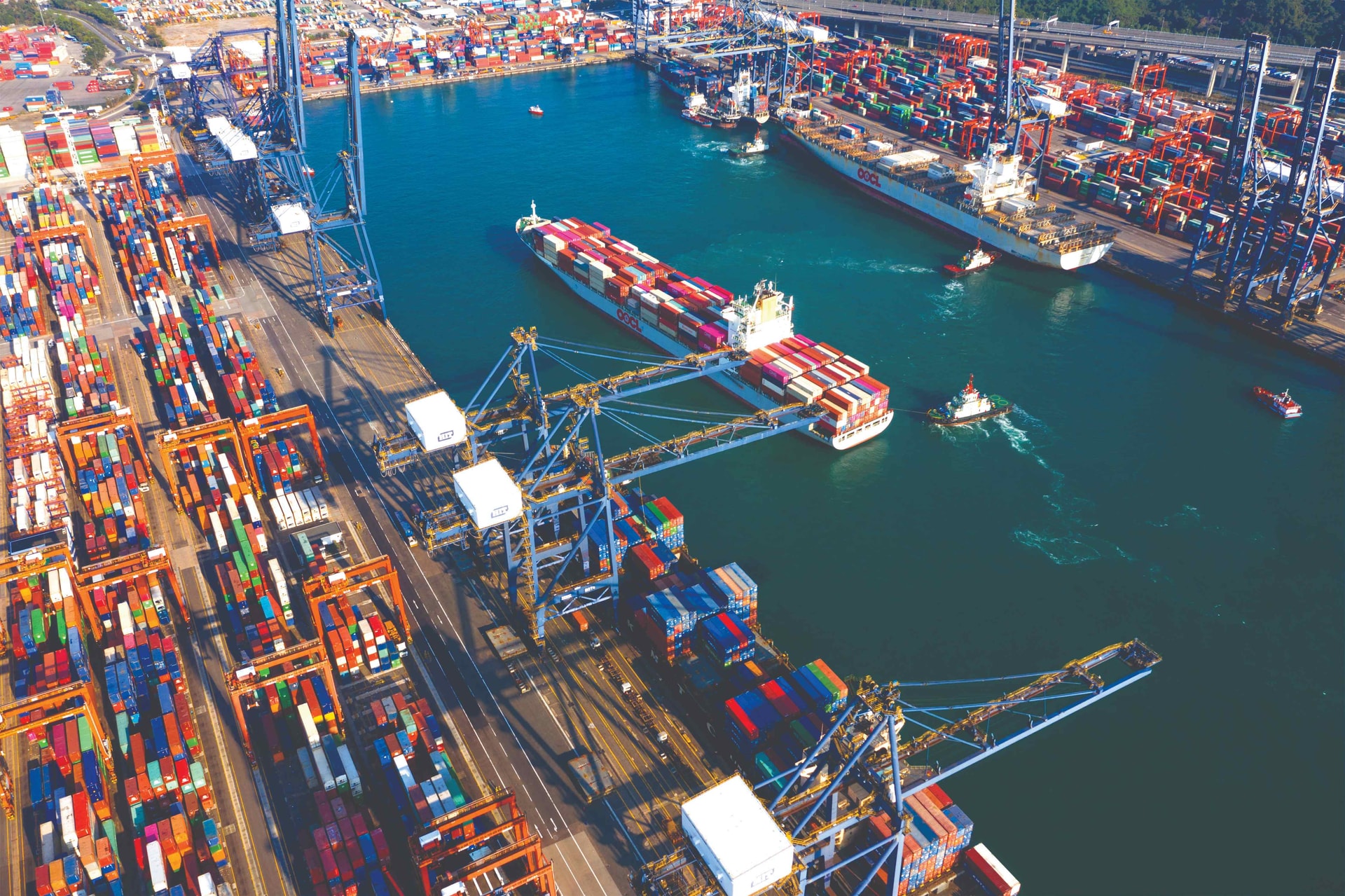In the time of globalization, the need to link among enterprises to share information and to cooperate for mutual development is a popular trend today. Supply chain linkage requires members in the chain to closely cooperate in sharing information, sharing interests and risks to increase the supply chain values. Supply chain linkage require its members to build mutual trust, otherwise it will fail.
"My house: My caslte"
Vietnamese enterprises have long considered information in business as business secrets, which cannot be shared with other ones. However, supply chain linkage requires chain members to cooperate in sharing correct and complete information with group members for the successful chain.

For vertical linkage, information needs to be shared from raw material suppliers with manufacturers, transport units, logistics and finally to customers. Manufacturers need to share with suppliers about output and inventory, such as monthly and quarterly material demand, so that suppliers can prepare well. For customers, manufacturers need to share enough information from product design, supply capabilities, and delivery deadlines so that customers can take the initiative in marketing, advertising and distributing products. In addition, transport and logistics operators need to know information about the supply of materials and products to arrange vehicles, arrange adequate storage, and reduce inventory for manufacturing enterprises.
For horizontal linkage, enterprises with the same sector or related to each other can share information about the market, product prices, and output so that members can have suitable business strategies for their business activities.
However, the reality today is that such links are extremely loose. Enterprises are afraid to share information with their partners and customers. Manufacturing and trading enterprises rarely have long-term contracts with suppliers and subcontractors.
Manufacturers often pursue cost reduction goals, so they do not sign long-term contracts with suppliers, but they expect to cut raw material costs through bidding or competitive annual bids to reselect suppliers. Information sharing is minimal and usually one-way information from the manufacturers. Similarly, enterprises linked in the form of cross-linking, whichare normal sector associations, do not share information about their businesses because they are afraid that partners and competitors will take advantage of them to devalue or compete unfairly. Because of hiding information and of not being interested in information sharing due to lack of mutual trust, it leads to production oversupply or dumping, competition within the sector occurs frequently.
Building trust to increase supply chain values
To build trust among supply chain members, enterprises first need to be aware of the great benefits of linkage. Supply chain linkage will help them prevent risks caused by market fluctuations such as raw material prices, supply, demand... thereby having an appropriate business strategy. Linking the supply chain will also help them reduce inventory, reduce raw material reserves, and have on-time deliveries ... thereby increasing profits for them.
Having that awareness, they will be more open in sharing information for supply chain linkage.
First, manufacturing enterprises need to build close, long-term relationships with raw material suppliers: building information sharing channels through shared software or using other forms such as email, periodic briefings to provide suppliers with accurate information on material needs and data, from which suppliers can be proactive in providing, helping production enterprises save inventory costs, as well as promptly respond to orders of enterprises. Manufacturers should have a short list of raw material suppliers with long-term contracts to create long-term linkages for mutual benefits.

In addition, for customers, distributors, and manufacturers, it is necessary to cooperate in sharing information about product design, models, output, and delivery time. Similarly, enterprises can share information through shared software and other forms of meetings and electronic transactions. Sharing information right from the design stage with customers will help businesses grasp the tastes and needs of the market before embarking on the production phase. It should be noted that, similar to suppliers, enterprises need to build trust with customers to be able to retain customers for a long time- an important link of supply chain linkage.
It should be noted that long-term agreements or contracts with partners, suppliers or customers are the basis for building mutual trust. Short-term contracts are always considered unreliable by partners, customers and suppliers.
In addition to the above information, enterprises still keep other information such as finance, customers, technological know-how... so they are not too worried about information loss.
Enterprises in the horizontal linkage chain need to rely on sector associations, alliances of cooperatives... to develop cooperation and association regulations. These professional associations need to have enough capacity to have sanctions to remove members who violate their charters and regulations such as dumping, hiding information. This is the first form of building trust. Enterprises in the linkage chain should have information open-up and understand one another on the principle of win-win. Horizontal linkages will fail if professional associations do not bring added value to enterprises. Supply chain members need to be treated fairly, transparently and equally to build mutual trust, otherwise there will be conflicts of interest, resulting in the disintegration of the inter-chain. Currently, many sector associations operate only in a formal way, so the linkage ability in the chain is very weak.
If there is no trust among enterprises, it is imposssible to have good supply chain linkage.